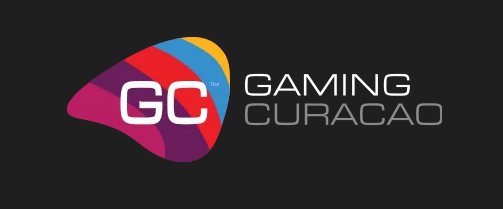Online casinos removed the stigma from gambling, bringing Vegas right into our living rooms. However, how much the integrity of those virtual gambling halls can be found highly in question. This article examines how online casinos ensure the crackdown on fair play through the use of Random Number Generators and strict protocols in licensing.
What is a Random Number Generator, and why is it so important for Fair Play?
RNGs are the backbone for an online casino to work on their gaming operation. Intricate algorithms they generate random sequences of numbers in order to make game results fair and unpredictable. It may be to spin the wheel in roulette or the shuffling of cards; RNG ensures that each of the players will get an equal chance to win, just like the physical casino game.
How Do RNGs Work?
RNGs base their generation of random sequences on intricate mathematical formulas without any definable patterns in them. This makes the games of chance truly unpredictable and is regularly audited by third-party organizations for their compliance to standards of fairness.
Types of RNGs Used for Fair Play
The two main types of RNGs include: Pseudo-Random Number Generators and True Random Number Generators. PRNGs depend on algorithms, joined with computational procedures, whereas TRNGs will generate numbers based on physical processes, such as atmospheric noise.
The Role of Licensing in the Integrity of Online Casinos
Licensing is also equally important as RNGs play. A good licensing authority ensures that an online casino operates within tight regulations formulated to guarantee player protection and integrity in games.
Leading Licensing Bodies
For example, some of the leading licensing bodies include Malta Gaming Authority, UK Gambling Commission, and Curacao Gaming Control Board, all of which are known for high standards and frequent audits.
What Does a License Mean for the Players?
A license, from a reputable authority at least, serves as an assurance that this casino operates on high standards, the games offered are fair, and gambling is conducted in a secure environment. Besides, this also entails periodic audits wherein their RNGs would be tested for compliance and fairness.
Audits and Compliance: Ensuring Continued Fair Play
The latter is essential to the fair play principle. Independent agencies specializing in auditing and certification of gaming software and systems include eCOGRA, GLI, and iTech Labs.
How Often Do Casinos Get Audited?
The casinos go through periodic auditing as part of being regularly licensed. The audits check the fairness of the RNGs among other aspects of running a casino, like financial transparency and responsible gaming practices.
Challenges and Solutions in the Implementation of RNG
While the very basic foundation of fairness is RNGs, the challenges with them are not unknown. Bugs in software or some sort of security deficit are for sure bound to hamper the effectiveness of RNGs. Yet, continuous technological advances and strict testing regimes tend to minimize these risks.
Conclusion
Online casinos are built on two cornerstones: firstly, on the usage of RNG, and secondly, on strict licensing. Together, they create a secure environment, one that makes a place quite apt for fair gaming, enabling players to confidently gamble. As technology evolves, the robustness of these systems further ensures online gambling safety.
Recommended for You
Top 5 Casino Games You Must Try in 2024
Customer Support



